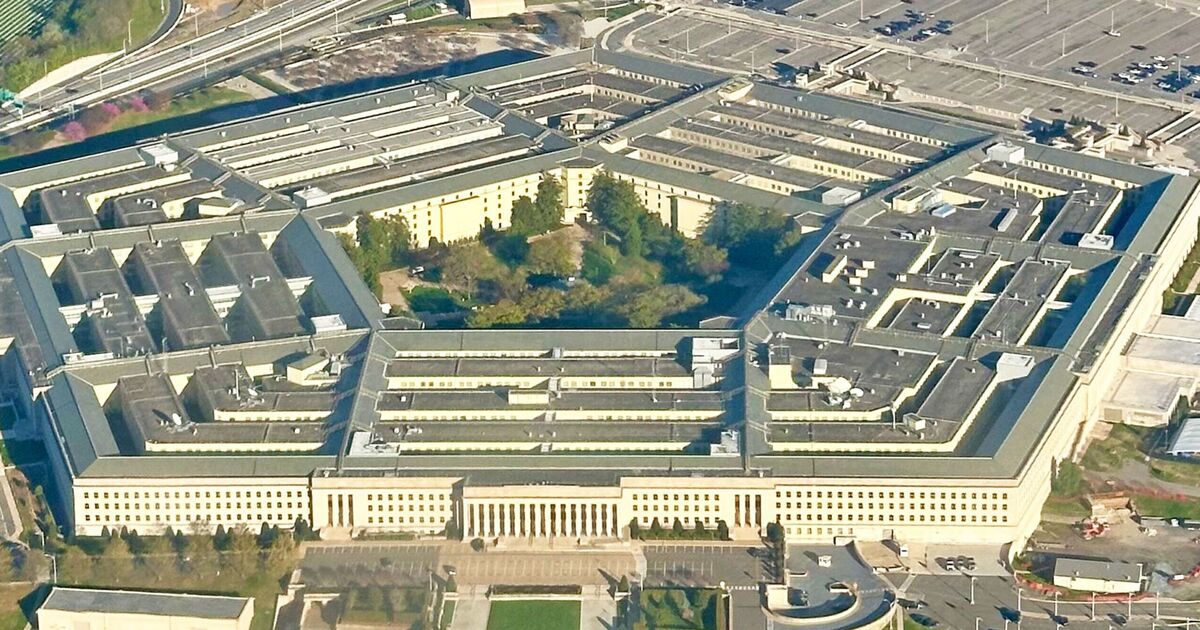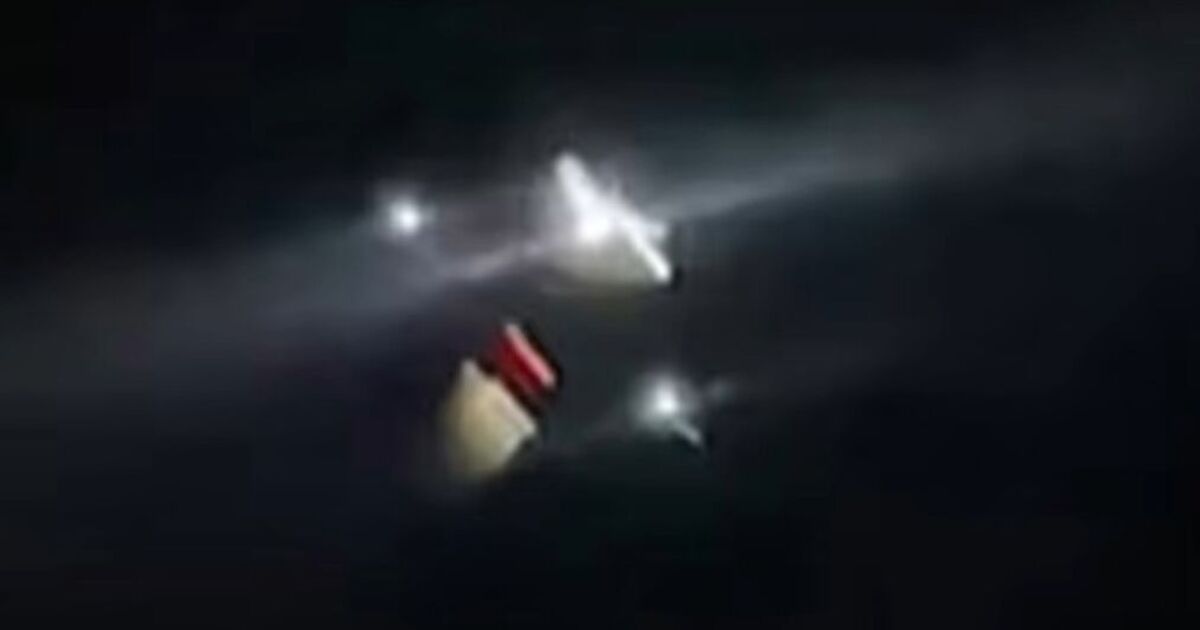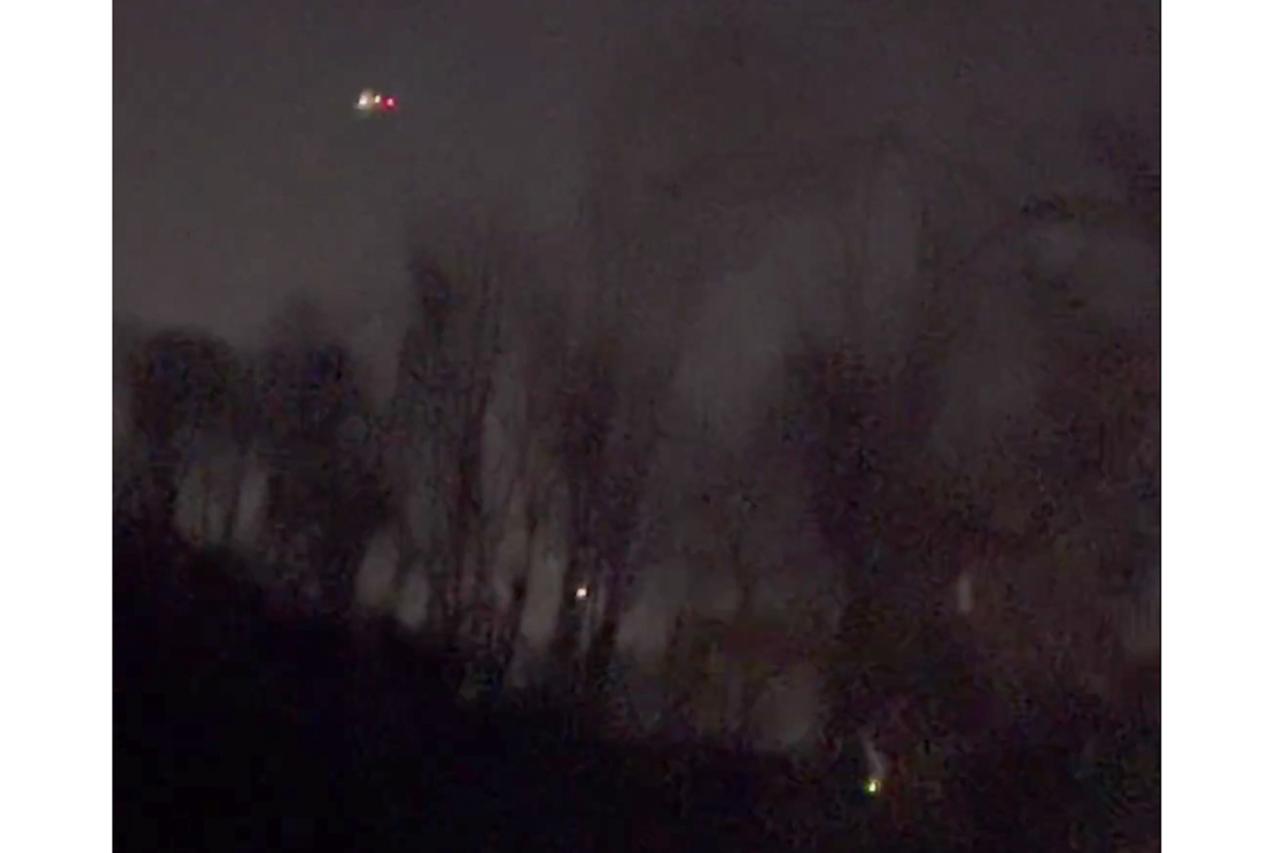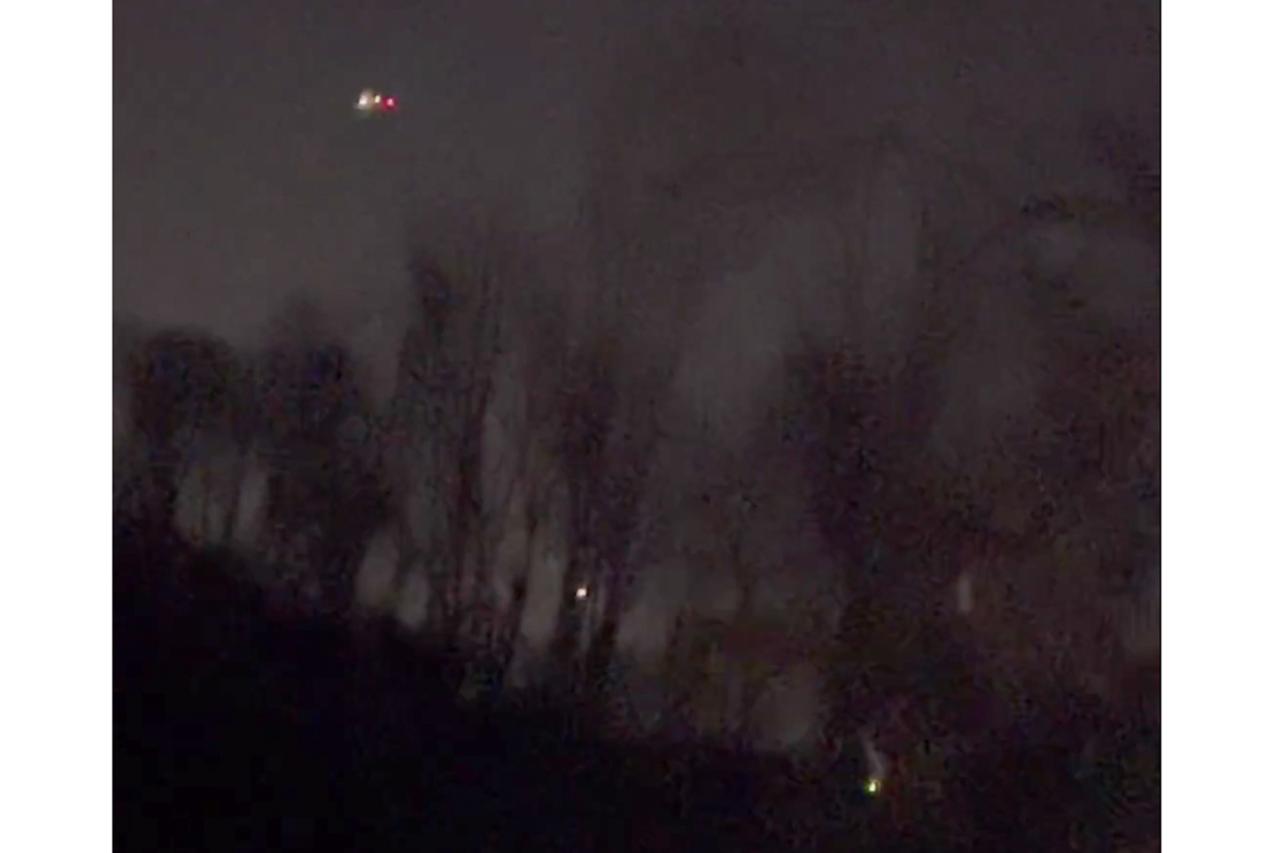NJ drone shot down – the headline alone sparks intrigue. This incident, unfolding in the skies above New Jersey, raises critical questions about drone regulations, public safety, and national security. The event involved a [Type of Drone], allegedly operating [Purpose/illegally], leading to its destruction by [Who shot it down]. This article delves into the details of the incident, exploring the legal ramifications, public safety implications, and technological aspects of drone detection and response.
We will examine the sequence of events, the key players involved, and the ensuing legal and regulatory challenges. Furthermore, we will analyze the potential for similar incidents and discuss measures to prevent future occurrences. The public reaction and media coverage will also be considered, highlighting the diverse perspectives and interpretations surrounding this complex event.
Drone Shot Down in New Jersey: Nj Drone Shot Down
The recent incident involving a downed drone in New Jersey has raised significant concerns regarding drone safety, regulations, and national security. This article delves into the details of the incident, exploring its legal, public safety, and technological implications, as well as the public reaction and media coverage.
Incident Details: The Downed Drone, Nj drone shot down
A drone was shot down in a residential area of New Jersey on [Date of Incident]. The incident involved a [Drone Model] drone, a model known for its [Key Features, e.g., long flight time, high-resolution camera]. The drone’s operator, [Operator Name, if known], reportedly intended to use the drone for [Intended Purpose, e.g., aerial photography, surveillance]. The timeline of events began with [Description of events leading up to the shooting, e.g., reports of unauthorized drone activity, drone flying near restricted airspace].
The shooting itself occurred at approximately [Time of shooting], resulting in the drone’s destruction.
| Name | Role | Affiliation | Statement |
|---|---|---|---|
| [Law Enforcement Officer Name] | Police Officer | [Police Department] | [Statement, if available] |
| [Drone Operator Name] | Drone Operator | [Operator Affiliation, if known] | [Statement, if available] |
| [Witness Name] | Witness | [N/A] | [Statement, if available] |
Legal and Regulatory Aspects

The operation of drones in New Jersey is governed by both federal regulations (FAA) and state laws. Shooting down a drone carries significant legal ramifications, potentially leading to civil and criminal liabilities for the shooter. The specific charges would depend on factors such as the justification for the shooting, the drone’s activities, and the potential for harm. This incident can be compared to similar cases, such as [Example of a similar incident], highlighting the evolving legal landscape surrounding drone use and the challenges of enforcement.
The recent incident of a drone being shot down in New Jersey highlights the increasing concerns surrounding unauthorized drone activity. Understanding the capabilities of these devices is crucial; for instance, many are equipped with high-resolution cameras, like those found in the impressive selection available at drone with camera retailers. This incident underscores the need for stricter regulations and responsible drone operation to prevent future occurrences and ensure public safety.
Public Safety Implications
Unauthorized drone operation poses several risks to public safety, including potential collisions with aircraft, interference with emergency services, and invasion of privacy. Following the incident, measures were likely taken to enhance public safety, such as increased drone surveillance and public awareness campaigns. Best practices for safe drone operation include adhering to FAA regulations, avoiding populated areas, and obtaining necessary permissions.
A public awareness campaign might include educational materials, public service announcements, and outreach programs to promote responsible drone usage.
National Security Concerns

Drones, while beneficial for many applications, can be misused for malicious purposes. In New Jersey, potential threats include unauthorized surveillance, smuggling, or even attacks on critical infrastructure. Security measures in place include increased surveillance, drone detection systems, and collaboration between law enforcement and other agencies. A hypothetical scenario might involve a drone carrying explosives, targeting a major event or facility.
The response plan would involve immediate drone neutralization, investigation into the origin and intent, and enhanced security measures.
The recent incident of a drone being shot down in New Jersey highlights the growing concerns surrounding airspace safety. This incident prompts reflection on the advancements in drone technology and the need for robust regulations, especially considering companies like archer aviation , which are developing advanced air mobility solutions. Ultimately, ensuring safe integration of these technologies requires careful planning and oversight to prevent future similar events in NJ.
Technological Aspects of Drone Detection and Response

Several technologies exist for detecting and tracking unauthorized drones. These include radar systems, acoustic sensors, and visual detection systems. Methods for neutralizing drones range from jamming signals to deploying nets or other interception techniques. Different systems have varying strengths and weaknesses concerning range, accuracy, and cost.
| System Name | Detection Method | Range | Limitations |
|---|---|---|---|
| [Example System 1] | [Detection Method] | [Range] | [Limitations] |
| [Example System 2] | [Detection Method] | [Range] | [Limitations] |
Public Reaction and Media Coverage
The incident generated significant public reaction, with discussions on social media platforms expressing concerns about safety, privacy, and the legality of shooting down a drone. Media coverage varied, with some outlets focusing on the legal aspects while others highlighted the public safety implications. Responsible reporting included factual accounts and expert analysis, while irresponsible reporting might have included speculation and sensationalism.
A potential news report would include footage of the incident site (showing a damaged drone, police presence, and possibly witness interviews), interviews with law enforcement officials, drone experts, and possibly the drone operator (if identified and willing to speak), and an analysis of the legal and safety implications.
The shooting down of a drone in New Jersey serves as a stark reminder of the evolving challenges presented by unmanned aerial vehicles. Balancing technological advancements with public safety and national security concerns requires a multifaceted approach, encompassing stringent regulations, effective detection technologies, and a well-informed public. Moving forward, a collaborative effort between lawmakers, law enforcement, drone operators, and the public is crucial to establishing a framework that ensures responsible drone usage while mitigating potential risks.
FAQ Insights
What type of drone was shot down?
The exact model and specifications of the drone are currently under investigation and haven’t been publicly released in full.
Who was responsible for shooting down the drone?
This information will be detailed in the incident report, but may not be publicly released until the investigation is complete.
What were the damages resulting from the incident?
The extent of property damage, if any, and the cost of the drone itself are still being assessed.
Are there any ongoing investigations?
Yes, multiple agencies are likely involved in investigating the incident, focusing on both the legality of the drone operation and the justification for its destruction.
